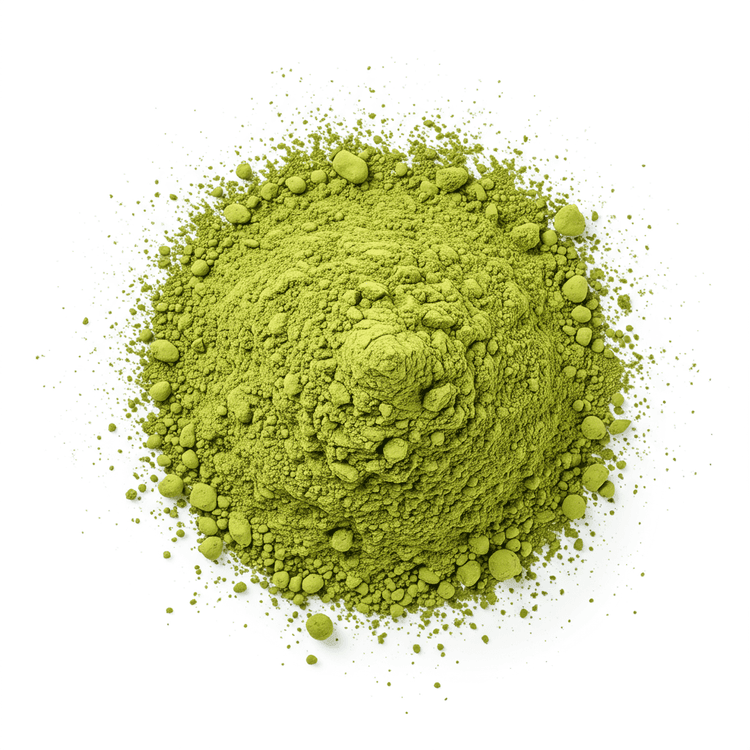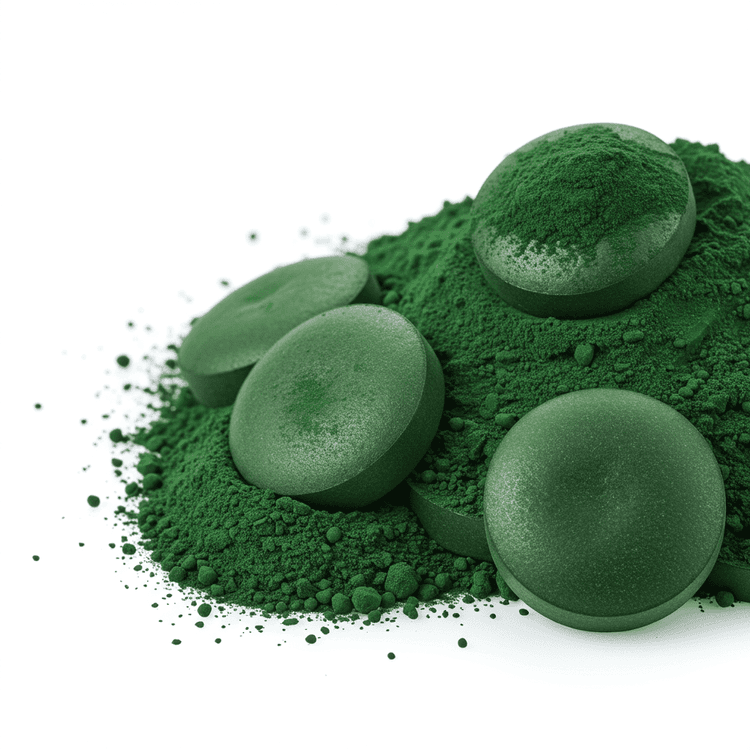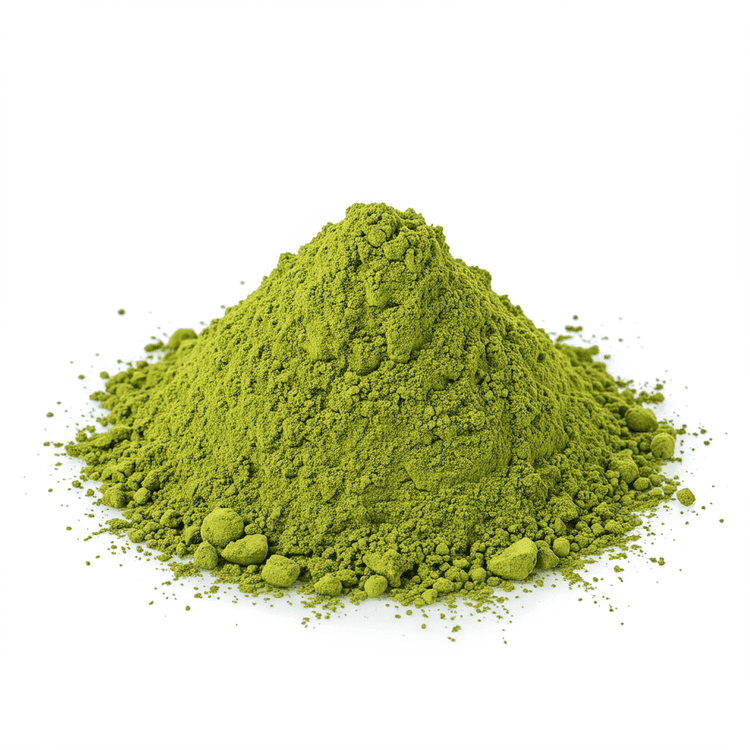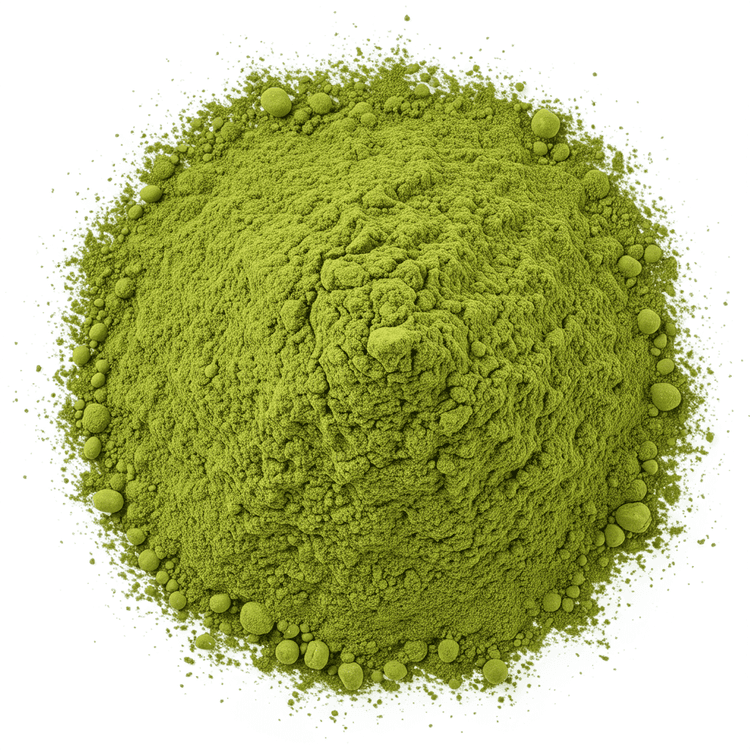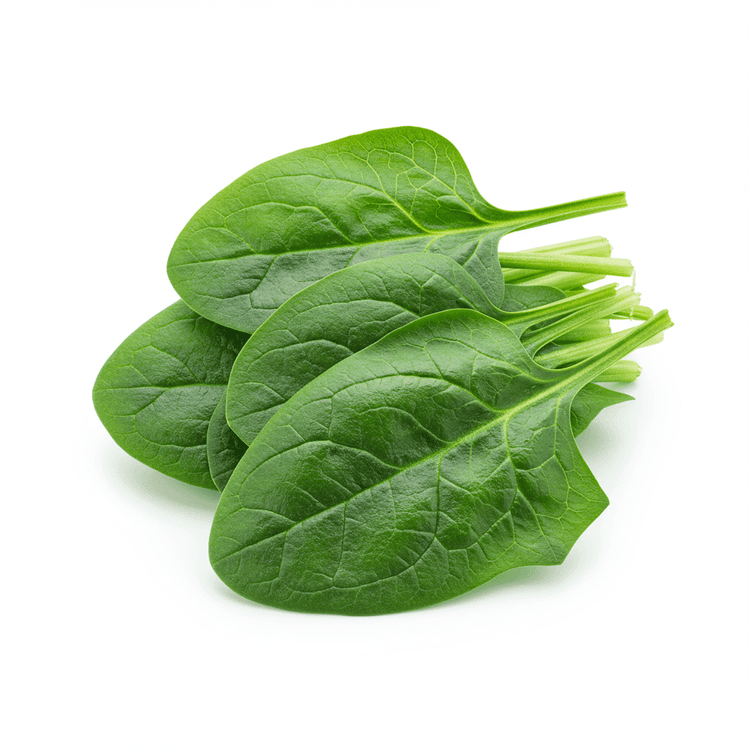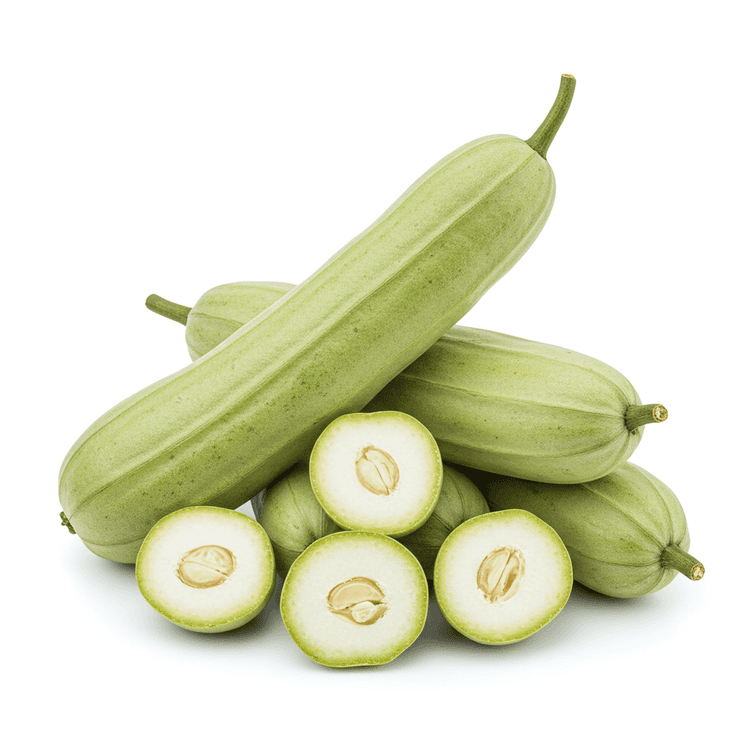
Moringa
Moringa, also known as the drumstick tree, is a nutrient-rich plant whose leaves, pods, and seeds are all edible. Moringa leaves boast a slightly earthy and spinach-like flavor, with a hint of radish-like pungency, especially when fresh. They have a delicate, feathery appearance and dry easily, retaining much of their nutritional value. Moringa powder, made from dried leaves, is a popular dietary supplement. The young, green pods, often called drumsticks, have a milder, slightly sweet taste and are similar in texture to green beans when cooked. Moringa is praised for its high vitamin, mineral, and antioxidant content, making it a sought-after ingredient for health-conscious consumers and sustainable food advocates alike.
Common Uses
- Moringa leaves are often added to soups, stews, and curries to boost their nutritional content and add a subtle, earthy flavor. Think of adding them towards the end of the cooking process to retain more of their vitamins.
- Moringa powder can be easily incorporated into smoothies, juices, and protein shakes. It's a convenient way to increase your intake of vitamins, minerals, and antioxidants. Experiment with small amounts, as the flavor can be strong.
- Young moringa pods (drumsticks) are delicious when cooked like green beans. They can be steamed, boiled, or added to stir-fries and curries. Look for firm, green pods without blemishes for the best flavor and texture.
- Moringa seeds, both fresh and roasted, can be eaten as a snack. They have a slightly bitter taste but are packed with nutrients. You can also grind them into a powder and use them as a seasoning.
- Moringa oil, extracted from the seeds, is used in various cosmetic and culinary applications. In cooking, it can be used as a finishing oil to add a subtle flavor and nutritional boost to dishes.
- Moringa can be used to brew a healthy herbal tea. Simply steep the fresh or dried leaves in hot water for a few minutes. The tea has a mild, earthy flavor and is rich in antioxidants.
Nutrition (per serving)
Nutrition (per serving)
Calories
64.0kcal (3.2%)
Protein
9.4g (18.8%)
Carbs
8.3g (3.02%)
Sugars
3.0g (6%)
Healthy Fat
0.6g
Unhealthy Fat
0.3g
% Daily Value based on a 2000 calorie diet
Nutrition (per serving)
Calories
64.0kcal (3.2%)
Protein
9.4g (18.8%)
Carbs
8.3g (3.02%)
Sugars
3.0g (6%)
Healthy Fat
0.6g
Unhealthy Fat
0.3g
% Daily Value based on a 2000 calorie diet
Health Benefits
- Rich in antioxidants to help combat free radicals and oxidative stress.
- May help lower blood sugar levels, supporting healthy glucose metabolism.
- Good source of vitamins and minerals like vitamin C, iron, and potassium for overall well-being.
- Contains anti-inflammatory compounds that may help reduce inflammation.
- May support healthy cholesterol levels, contributing to cardiovascular health.
- Provides a source of plant-based protein and essential amino acids.
Chefadora AI is here.
Experience smarter, stress-free cooking.
Storage Tips
Moringa powder should be stored in an airtight container in a cool, dark, and dry place, away from direct sunlight and moisture. This helps preserve its nutritional value and prevent clumping. Dried moringa leaves can be stored similarly, while fresh moringa leaves should be refrigerated in a plastic bag and used within a few days for optimal freshness. Freezing moringa leaves is not generally recommended as it can affect their texture.
Marnirni-apinthi Building, Lot Fourteen,
North Terrace, Adelaide, South Australia, 5000
Australia
